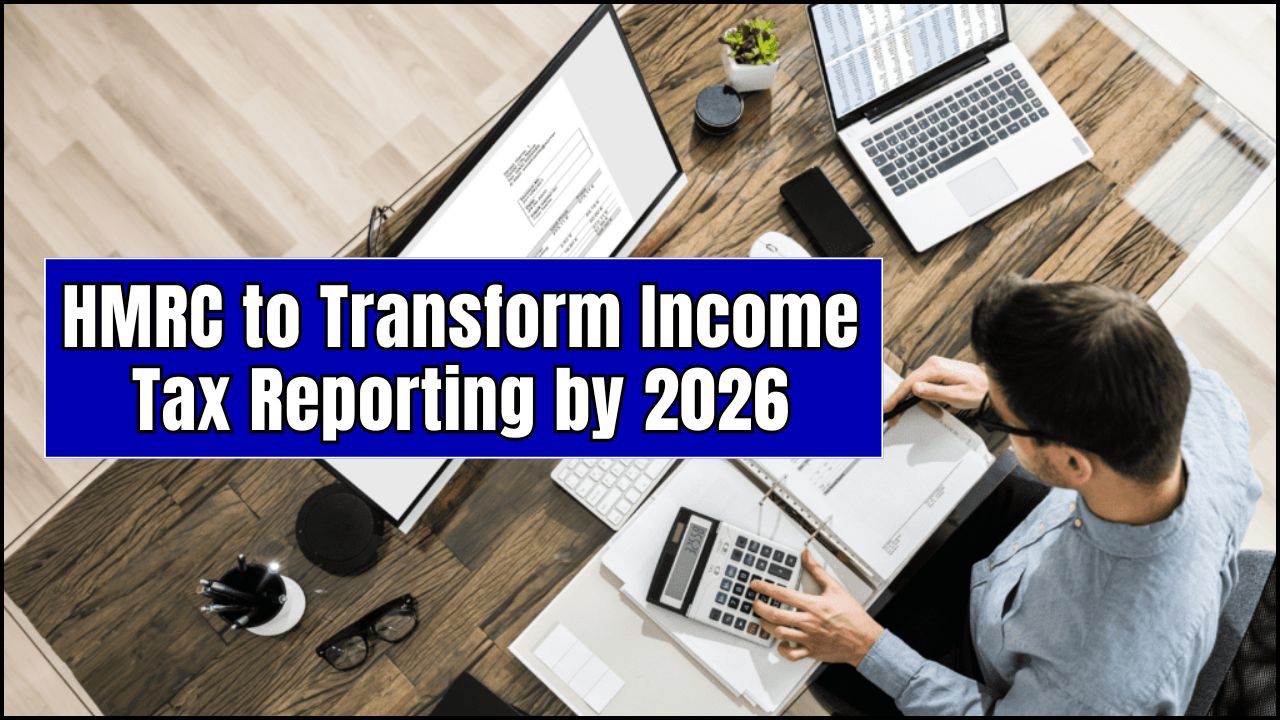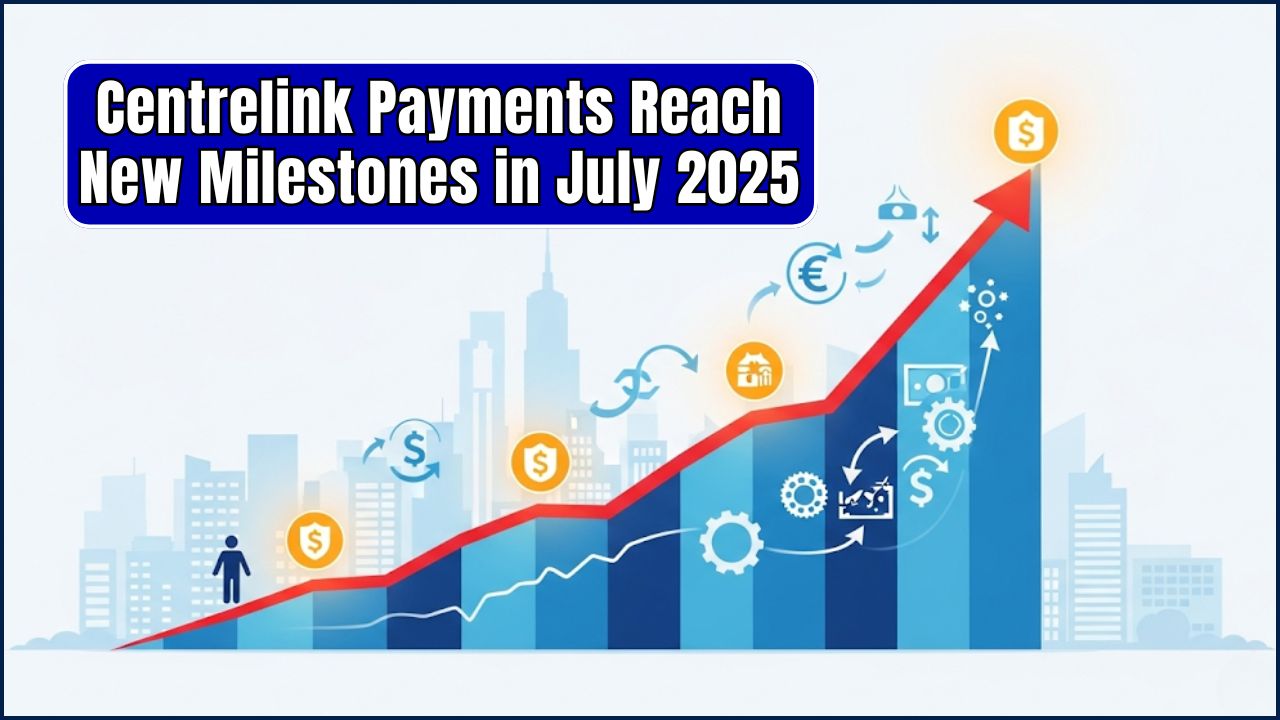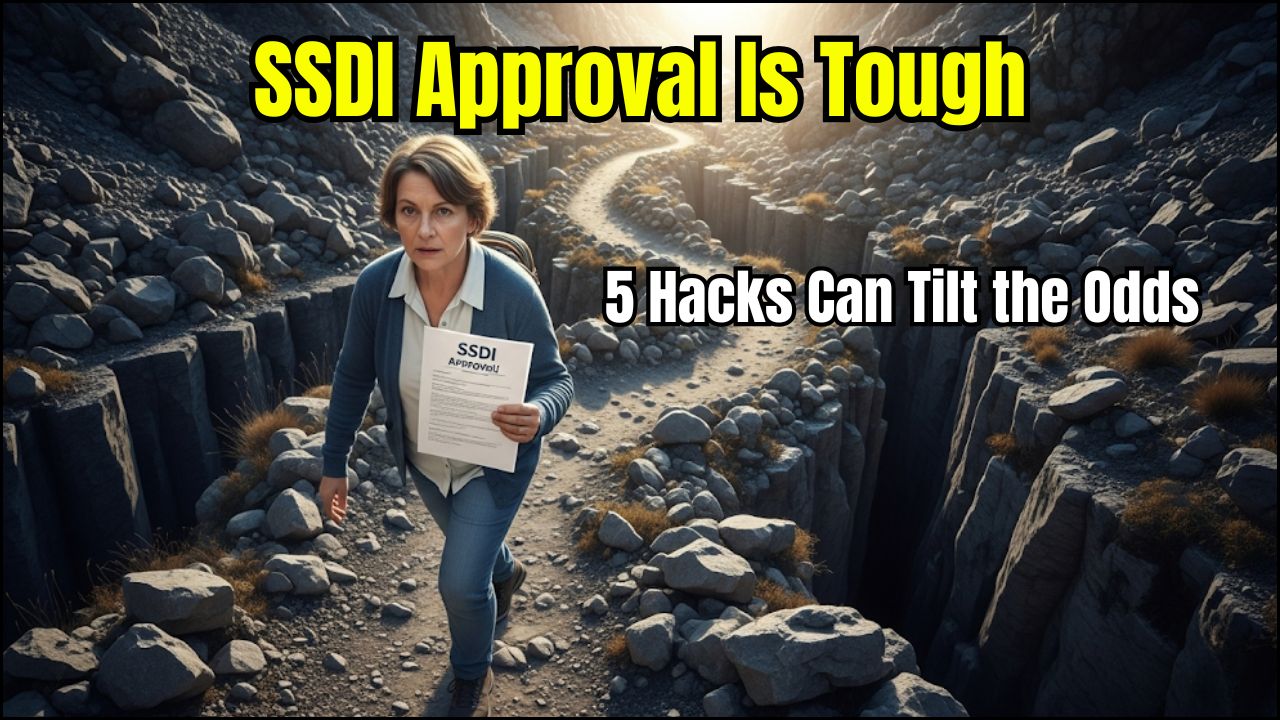The UK government’s recent proposals to change Personal Independence Payment (PIP) and Universal Credit (UC) have sparked significant concern. These benefits serve as a lifeline for vulnerable individuals, especially in coastal communities, where access to services and job opportunities can be limited. Experts fear that the proposed changes will hit these areas hardest, exacerbating poverty and making it harder for people to live with dignity. But what exactly is changing, and why should we care? Let’s break it down.
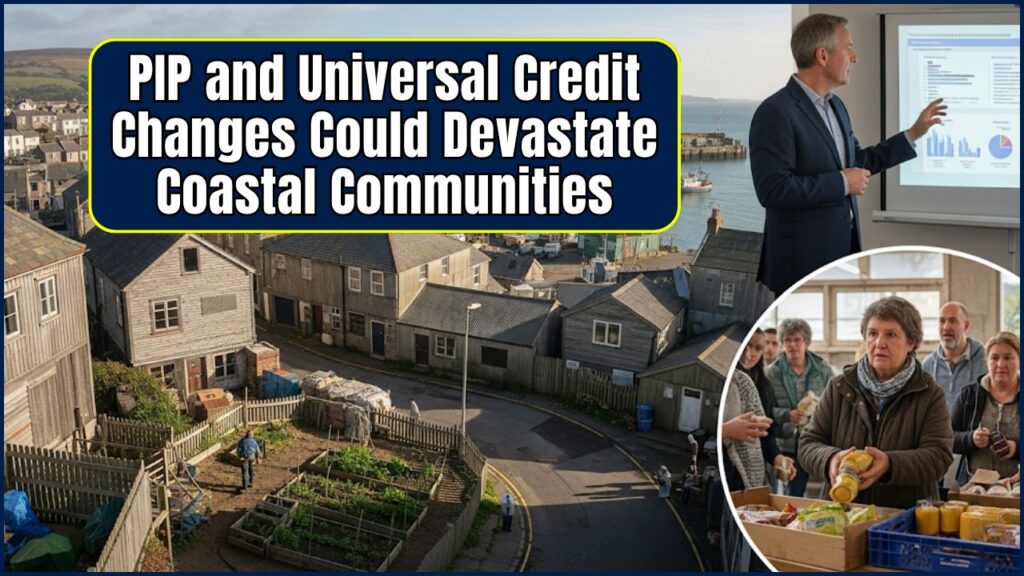
PIP and Universal Credit Changes Could Devastate Coastal Communities
| Key Point | Details |
|---|---|
| What Are PIP and Universal Credit? | PIP supports people with disabilities, while UC is for low-income families or those out of work. |
| What’s Changing? | Eligibility for PIP is becoming stricter, and UC’s health element will be frozen for new claimants. |
| Who Will Be Affected? | Coastal communities, where unemployment is high and disability claims are more common, will bear the brunt. |
| Why Experts Are Concerned | Many rely heavily on these benefits, and losing support could drive local economies into crisis. |
| Data Stats | Over 2.9 million people receive PIP; potential £6.8 billion in cuts across the UK. |
| Regional Impact | Areas like North East England and North Norfolk face the largest cuts. |
| Protective Measures | Some protections have been put in place for existing claimants, but new claimants may face reduced support. |
The proposed changes to PIP and Universal Credit will have a profound impact on coastal communities in the UK. With higher unemployment and disability claims, these regions are at greater risk of seeing their most vulnerable residents suffer. By understanding these changes and working together, communities can push back and ensure that those who rely on these benefits continue to receive the support they need to thrive.
What Are PIP and Universal Credit?
To understand the proposed changes, it’s essential to first know what PIP and Universal Credit are.
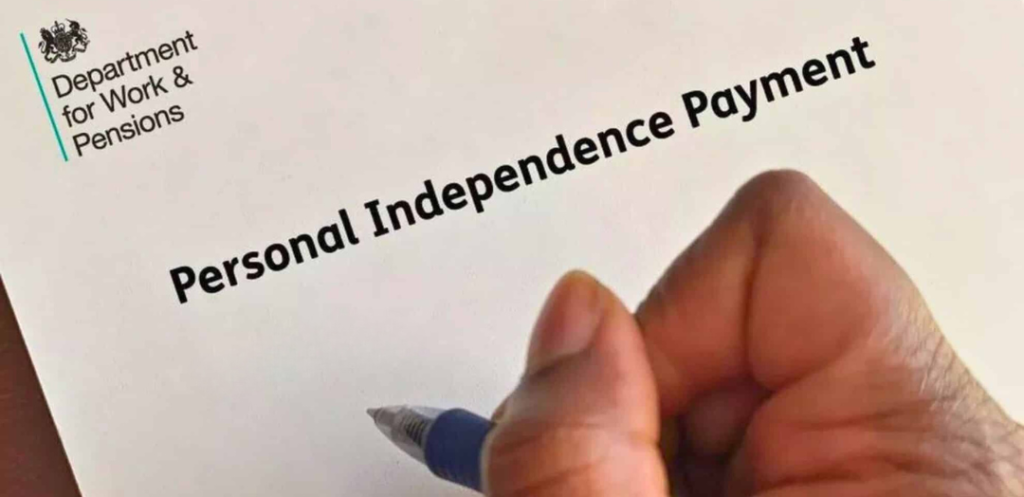
- Personal Independence Payment (PIP) is for individuals with disabilities or long-term health conditions who require help with daily tasks like dressing, eating, or moving around. The amount of support a person receives depends on the severity of their condition and their daily living needs.
- Universal Credit (UC) is a financial benefit for those on low incomes or out of work. It’s a critical support system for families, individuals with disabilities, single parents, and those struggling to make ends meet.
These benefits are particularly vital in coastal communities, where unemployment rates are typically higher and job opportunities are fewer. In areas like North Norfolk, these benefits represent a crucial source of income for many people.
Why Coastal Communities Are at Risk
A Snapshot of Coastal Community Vulnerability
Coastal regions in the UK, like North Norfolk and East Devon, face unique challenges. Historically, these areas suffer from higher unemployment rates, geographical isolation, and lower levels of economic development. Due to this, these regions are heavily reliant on PIP and UC to ensure that their residents can afford basic necessities such as food, rent, and utilities.
The population of these communities is also older on average, with many elderly residents who may have disabilities or health conditions that require additional support. For example, in North Norfolk, about 24% of the population receives PIP benefits, much higher than the national average.
In these areas, cuts to disability benefits could lead to severe financial hardship for thousands of families. Without PIP, people may not be able to afford things like mobility aids, specialized equipment, or even basic care. The impact on individuals could be devastating, but the effects would ripple through the whole community, leading to lower spending, fewer job opportunities, and weakened local economies.
What’s Changing with PIP and Universal Credit?
The recent welfare reforms propose several key changes that could impact both existing claimants and future applicants for PIP and Universal Credit.
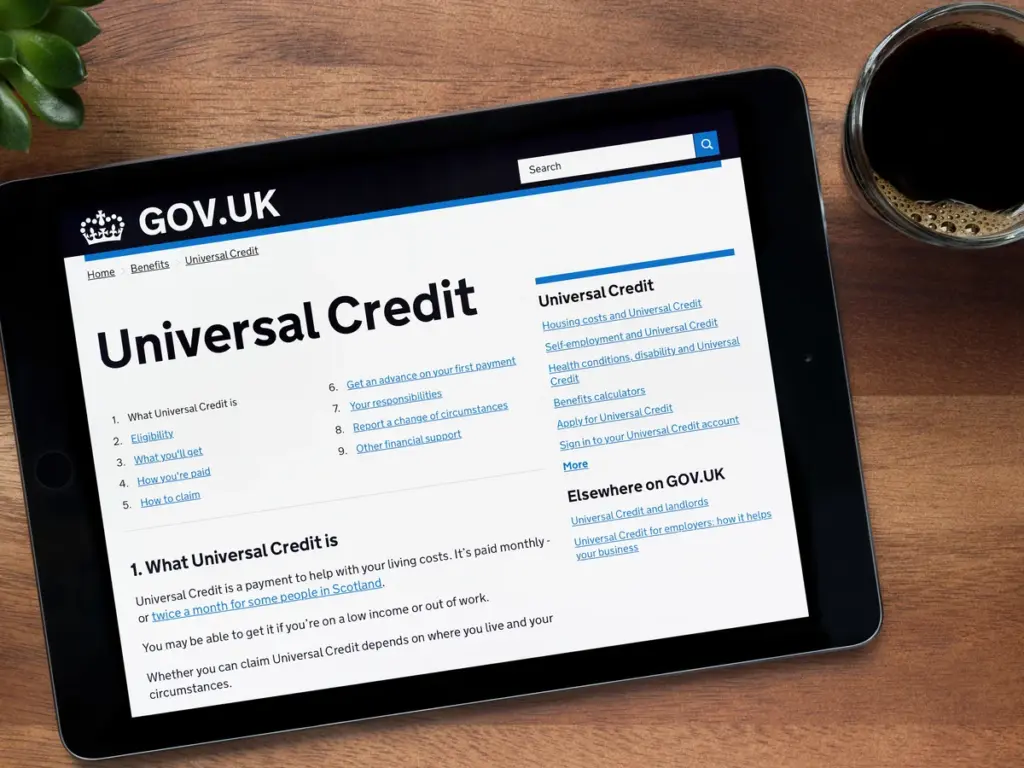
Tighter Eligibility for PIP
One of the most significant changes is the tightening of eligibility criteria for PIP. Currently, claimants are assessed on how their condition affects their ability to carry out daily tasks, such as preparing meals, washing, dressing, and mobility. Under the new rules, claimants must score at least 4 points in one daily living activity to qualify for PIP, making it harder for many individuals to meet the criteria.
This change would directly impact many people who rely on PIP to cover the extra costs of living with a disability. Those with mild disabilities or who require minimal support may no longer be eligible, meaning they would lose out on financial support.
Freezing the Health Element of Universal Credit
Another significant change concerns Universal Credit. The government plans to freeze the health element of UC for new claimants starting in 2026. This means that people with disabilities or long-term health conditions will receive a reduced amount of support compared to previous claimants.
For many individuals in coastal communities, who rely heavily on UC to make ends meet, this freeze could have a devastating effect. Without adequate financial support, many may struggle to pay for basic essentials, including rent, groceries, and medical treatments.
Data and Stats: The Full Picture
The potential consequences of these reforms are clear from the data:
- 2.9 million people across the UK currently rely on PIP.
- The proposed changes could reduce spending on PIP by over £6.8 billion, leading to a loss of essential support for many individuals.
- In North East England, approximately 170,000 people could lose around £400 million in benefits.
- Regions with higher levels of disability claims, such as North Norfolk and East Devon, will be hit hardest by these reductions.
These statistics underline the scale of the changes and their potential impact on vulnerable communities.
Personal Stories: Real Impact
While the numbers are important, they don’t fully capture the human side of the issue. Sarah, a single mother from East Devon, relies on Universal Credit to cover basic living expenses and care for her two children, one of whom has a disability. Sarah says, “Without Universal Credit, I wouldn’t be able to afford food or pay the rent. It’s hard enough as it is. If they cut our support, I don’t know how I’d cope.”
Her story is not unique. Thousands of individuals like Sarah are fearful of the changes to these benefits. John, a man in his 50s from North Norfolk, uses PIP to cover the cost of mobility aids due to chronic arthritis. “If they reduce or take away my PIP, I’ll be stuck at home with no way to get around. It’s hard enough to get to appointments now,” he explains.
These real-life stories highlight just how deeply these changes will affect people’s lives.
What Can Coastal Communities Do?
Coastal communities have options when it comes to responding to these reforms. While the changes are likely to have a significant impact, there are still steps that can be taken to mitigate the damage.
1. Advocate for Change
Local councils and advocacy groups can lobby MPs and engage in public campaigns to raise awareness of the impact these reforms will have on vulnerable populations. Petitions, community events, and social media campaigns can amplify the voices of those most affected by the changes.
2. Access Additional Support
Those who are worried about the changes should reach out to charities and advisory services. These organizations can offer guidance on appealing PIP decisions, accessing other forms of financial assistance, and understanding new rules.
3. Join Legal or Social Support Networks
Some groups, like Citizens Advice, offer free legal advice to help people navigate the welfare system and ensure they receive the benefits to which they are entitled. Connecting with these services could help many people hold onto their benefits, even with the changes.
FAQs
What is PIP?
PIP (Personal Independence Payment) is a benefit for individuals with long-term health conditions or disabilities to help cover the extra costs of living with their condition.
How will Universal Credit change?
The health element of Universal Credit will be frozen for new claimants starting in 2026, meaning they will receive less financial support.
What can I do if I am affected by the changes?
You can lobby your MP, appeal PIP decisions, and seek advice from local support organizations like Citizens Advice for assistance.


